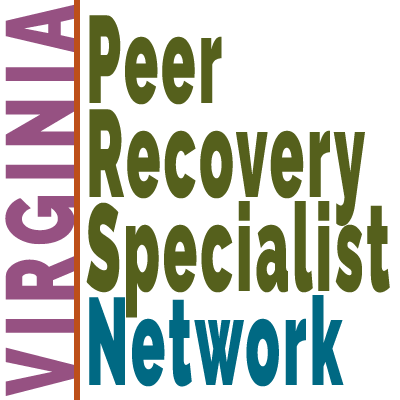Blog
You Got Me Feeling Emotions
Is that rude? You know, saying that you got me feeling emotions when I’ve never met you, dear reader? Perhaps so. Perhaps not. But Mariah Carey did it first in her hit song, aptly titled, Emotions. The chorus goes like this:
You’ve got me feeling emotions
Deeper than I’ve ever dreamed of
You’ve got me feeling emotions
Higher than the heavens above
(My edit: or lower than what’s below?)
Ok, this is not a study in pop culture lyrics so we quickly say hi and goodbye to Ms. Carey and thank her for her wonderful lead into this article. Diva.
Yes, this article is about emotions. But this is no ordinary emotional article. Rather, I want to introduce you, or re-introduce some of you, to a great resource that you can use in your work with the peers you serve. BONUS: It also works for anyone anywhere which includes you and me. Two for one in the same article!
The “magic manual” is called The Language of Emotions” by Karla McLaren. It is PHENOMENAL! No, I am not a paid sponsor on her behalf. I am, however, a PRS who has used this resource to assist many peers in my work and they have even bought the book for themselves. I encourage you to consider picking up a copy. But first. I have to make the pitch so you will!
The subtitle of the book is “What Your Feelings Are Trying to Tell You?” McLaren, a trauma survivor, speaks from personal experience as well as from her educational background on the meaning of emotions and their purpose for the person with said emotions.
For example, my personal favorite is her description of anger. Anger, in her estimation, is like a castle guard whose job it is to let the castle know when a siege is imminent. These are the guys who blow the horn out loud and yell, “Incoming! Raise the bridge! Archers” Grenade launchers (wait, wrong time period)!” The purpose of anger is to let the one who is experiencing anger to realize that one or more of their personal boundaries has been violated or is about to be violated. This announcement of a boundary violation gives the emotion-holder the opportunity to re-establish that boundary and restore inner, and sometimes, outer peace and safety.
Another favorite of mine is the language of sadness. Favorite? Ok, a better description would be one that I highly admire how she personifies the emotion of sadness. Sadness, McLaren notes, has the job of pointing out that something of value has been lost. This makes total sense when I play the Powerball and lose. Two things are lost: my pride and my money!
When we assist other peers on their journey to better health and wellness, we often hear them speak of troublesome events and troublesome emotions. A key principle that helps one get better is to understand what one previously did not understand. For example, if someone is bullied and freezes everytime it happens, they need to understand that their response to such trauma is to freeze. The second thing they need to understand is how to undo that freeze response so, like the castle guard, they can fortify an existing boundary and/or create new ones to enhance personal safety, health and wellness.
I hope that you will consider reading this book or listening to it if that works best for you. It has been an invaluable resource to me and to the peers with whom I have shared it. At the end of the day, we are all emotional creatures which is a good thing. Self-understanding and self-regulation is always enhanced by self-knowledge. And when we don’t have that self-knowledge, as in the area of emotions, all we have to do is pick up this wonderful resource as a road map to our interior life and its context and meaning to the outside world it experiences on a daily basis.
Now, I have to cue up Spotify to get that song out of my head…
~Chris Newcomb~
Chris Newcomb is the emotional VRPSN Coordinator on behalf of MHAV. He sometimes experiences anger but only every other leap year. Other popular emotions include boredom, not presently felt, happiness and bliss which is a distant related cousin to happiness that only shows up when Hale-Bopp comes around every 75 years.

Chris Newcomb
VPRSN Coordinator
Chris Newcomb, M.Div., PRS, CPMS, CWF, CSSF is the VPRSN Coordinator on behalf of Mental Health America of Virginia. He holds a Bachelor in Psychology from Radford University and a Master of Divinity from Duke University. In his spare time, he is a singer/songwriter who loves to write new songs, practices Krav Maga, and enjoys time with family and friends.

